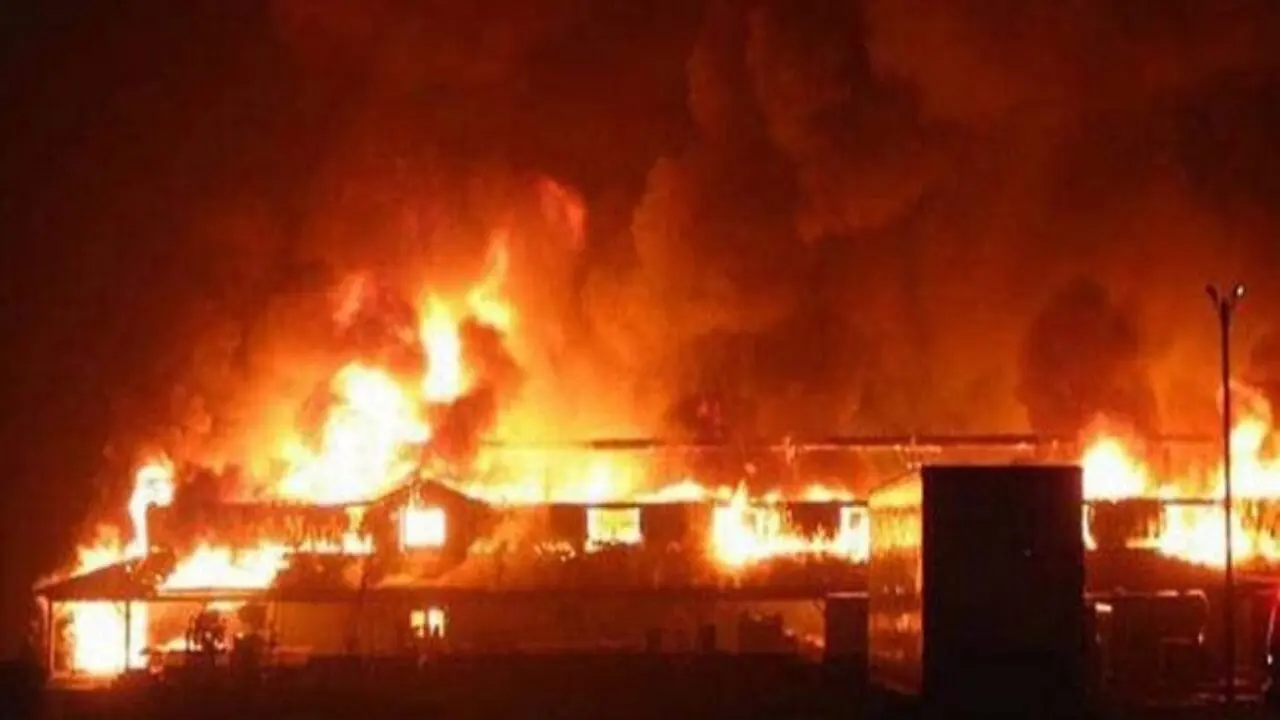A storm is brewing in Akwa Ibom State after the abrupt expulsion of a Channels Television correspondent and cameraman from the Government House, prompting outrage from the International Press Institute (IPI) Nigeria and raising alarms about press freedom under the administration of Governor Umo Eno.
The IPI has issued a scathing statement condemning what it calls a “reckless and unconstitutional assault” on media independence.
According to reports, the Channels TV crew was sent packing after airing a clip in which Governor Eno allegedly hinted at plans to defect from the Peoples Democratic Party (PDP) to the All Progressives Congress (APC)—a politically sensitive revelation that has since gone viral.
“The journalists were punished not for fabrication or falsehood, but for truthfully broadcasting the words of a sitting governor,” said Tobi Soniyi, IPI’s Legal Adviser and Chairman of its Advocacy Committee. “This expulsion is a flagrant abuse of power and a direct attack on the freedom of the press enshrined in Nigeria’s Constitution.”
Soniyi, alongside Ochiaka Ugwu, Secretary of the IPI Advocacy Committee, reminded Governor Eno of Section 22, Chapter Two of the 1999 Constitution, which empowers the media to hold leaders accountable.
“This government’s action violates both the spirit and the letter of the law,” the statement read.
The incident has sparked wider concern over what many see as a creeping culture of intolerance toward journalistic scrutiny. Media advocates warn that today’s expulsion could set the tone for tomorrow’s censorship—and threaten the fragile democratic gains Nigeria has made since the return to civil rule.
For a governor often described as “media-friendly,” Eno’s silence has been deafening. Analysts are questioning whether his administration can maintain credibility while clamping down on the very platforms that inform the public.
IPI did not mince words in its demand: the Channels TV crew must be recalled immediately, and Governor Eno must publicly reaffirm his government’s commitment to press freedom.
“This is not merely about Channels TV—it’s about the right of every Nigerian to know the truth and the duty of every journalist to report it without fear,” said Ugwu.
At a time when misinformation and propaganda are rampant, the press—especially professional institutions like Channels TV—remains one of the last lines of defense for democracy. And any attempt to muzzle it, the IPI warns, must be met with national and international resistance.
As of the time of filing this report, the Akwa Ibom State Government has not issued any official response to the backlash.






